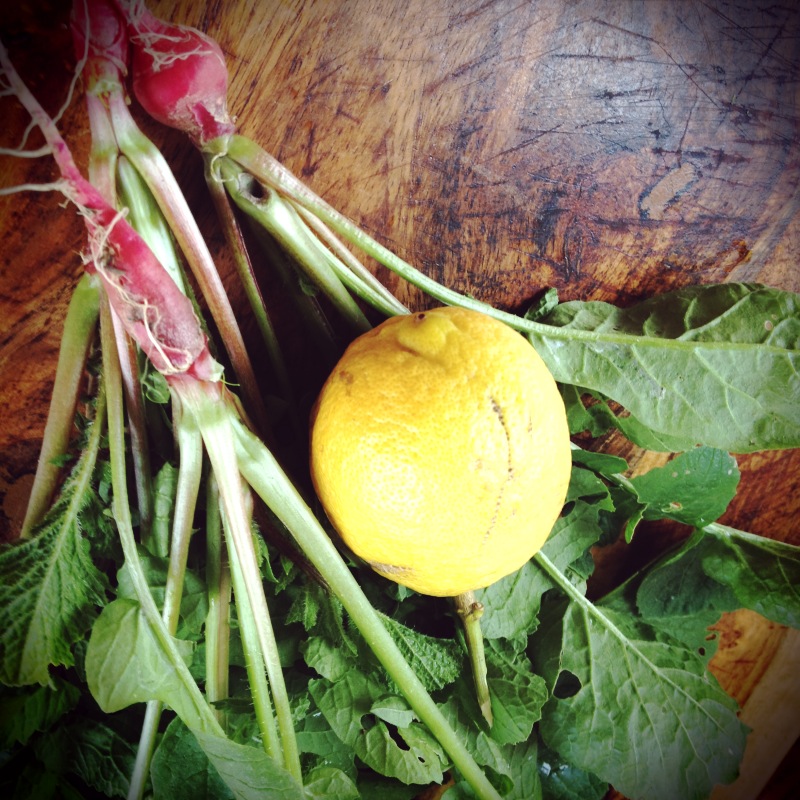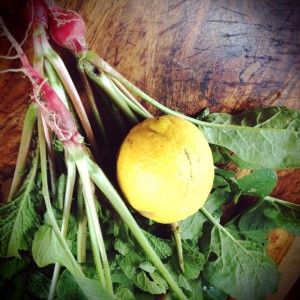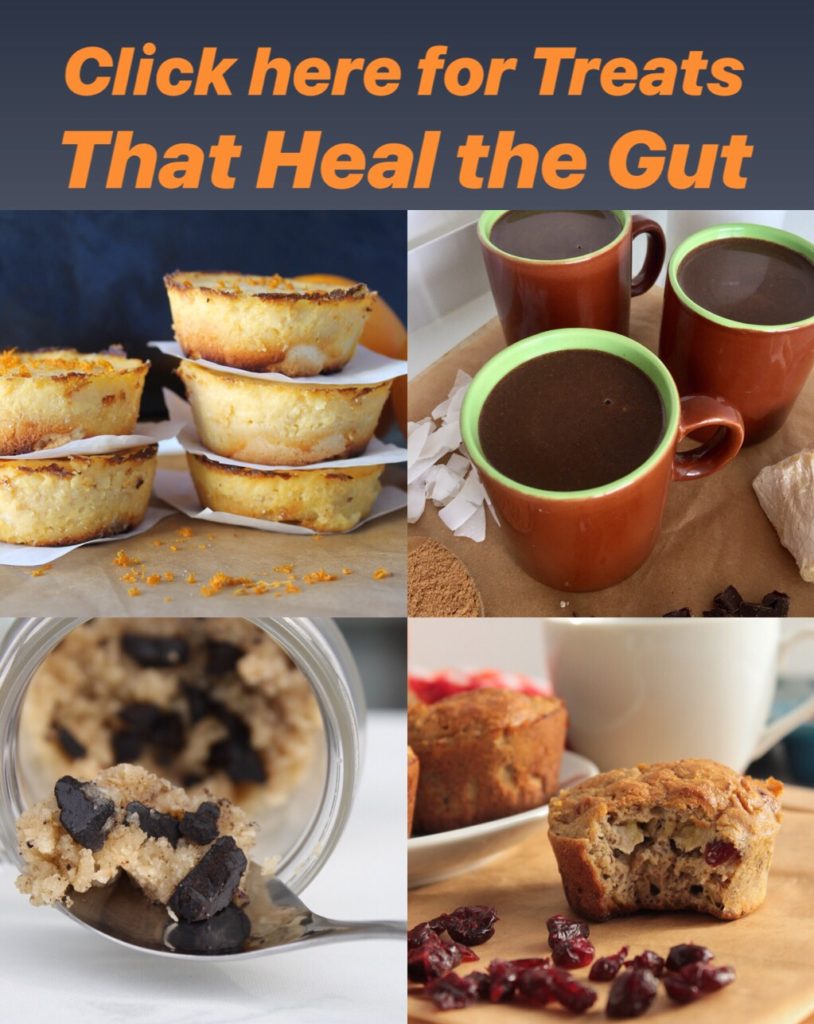Diets that heal digestion can seem restrictive. They focus on all the foods you can’t eat.. like dairy, wheat, corn, and sugar, to name a few. The focus of this week’s blog is all the foods you CAN eat to improve digestion.
Ginger
Want some spice in your life? According to the journal of Gastroenterology and Hepatology, ginger stimulates digestion by speeding up the movement of food from the stomach into the upper small intestine. Low gastric motility is associated with digestive problems, particularly constipation. Include grated ginger in a recipe, tea, smoothie or veggies juice is a natural way to stimulate motility.
Too much ginger can irritate the stomach, but a little can settle the stomach, calm nausea, and make you feel energized.
Magnesium rich foods
Without magnesium your body can’t properly digest food. Magnesium activates enzymes that help the body absorb fats, proteins and carbs and breaks down food into smaller particles for energy. It also regulates other minerals and vitamins such as zinc, potassium, calcium, vitamin D, and copper.
Magnesium deficiency can lead to poor digestion, insomnia, confusion and a fast heartbeat. Magnesium also has a calming effect on tight, contracted muscles and is a natural laxative.
Foods that deplete magnesium levels are caffeine, sugar, salt, alcohol and diuretics.
Foods high in magnesium: Half a halibut fillet has 170 mg, 1 ounce of pumpkin seeds have 151 mg, 1 cup of cooked spinach has 157 mgs. Black beans are also high in magnesium but can be hard to digest, causing bloating and gas in some people.
Probiotic rich foods
Probiotics (fermented foods) have gotten lots of press lately because they contain beneficial bacteria that balance and protect the gut and promote good digestion. But there’s another reason probiotics are so easy on the gut. As foods ferment, the good bacteria eats their natural sugars and breaks down carbs, fats and proteins. Because the fermentation process predigests foods, the digestive has much less work to do. Eating probiotic foods is like sending your gut on vacation.
Examples of fermented foods: Yogurt, Kefir, Miso, Sauerkraut, Umeboshi plums and Kombucha
Enzyme rich foods
Enzymes are proteins naturally made by our bodies to break food and assimilate foods. They break fats, carbs and proteins into smaller, absorbable nutrients that are easily digested by the small intestine.
When the body doesn’t make enough enzymes to break down food, digestive symptoms like bloating, cramping, diarrhea, constipation and heartburn can occur as foods ferment in the intestines. Eating food rich in enzymes can help ease these symptoms.
Foods rich in digestive enzymes are: Papain in papayas, which helps break down proteins. Bromelain in pineapples also helps break down proteins, as well as having anti-inflammatory properties.
Sprouts (the seeds of different types of grain) are a concentrated source of enzymes when germinated (soaked in water). Kelp and sea veggies/seaweed are also a great source of enzymes and so are fruit, particularly bananas.
Go gluten free (try Quinoa)
Gluten, a plant protein found in wheat, barley and rye is notorious for causing mild to intense digestive issues. Going gluten-free can help alleviate digestive issues. A nutritious replacement for wheat is quinoa. Quinoa is not only gluten-free, but it’s also packed with minerals and is a complete protein.
Quinoa can be made in a rice cooker and is delicious served hot or cold. Cook it in coconut milk and add in cinnamon, pumpkin seeds, fresh or stewed fruit for a comforting morning porridge. Use quinoa, millet or amaranth flour to replace white flour in baked goods.
Liver supporting foods
The liver is one of the most overlooked organs in the digestive system, but plays an important role in breaking down fats and regulating metabolism. When the liver is toxic and sluggish from a diet high in sugar and chemical-laden, processed foods, environmental toxins and a high-stress lifestyle it can cause the same type of digestive symptoms common to Irritable Bowel Syndrome.
The liver can be cleansed and supported with the following foods: Lemon juice (squeeze into water and on salads). Green veggies help cleanse and support the liver, as do supplements like spirulina and chlorella. The liver loves dandelion greens but it can be too bitter to eat Drinking bitter-free dandelion tea can be a great alternative.
Burdock root and daikon radish are also powerful liver cleansers.
Other digestion boosters
Taking a walk after you eat, especially after a large meal can aid in the digestive process and decrease heartburn symptoms. It is common to get “food coma” after eating, causing a desire to unbutton your pants and lay on the couch. However, moving your body can help aid digestion by increasing metabolism.
 Angela Privin is proof that IBS is NOT an incurable disease or a disease at all. IBS is a body out of balance. It’s an invitation for change. After solving her own IBS mystery more than a decade ago Angela trained as a health coach to help others.
Angela Privin is proof that IBS is NOT an incurable disease or a disease at all. IBS is a body out of balance. It’s an invitation for change. After solving her own IBS mystery more than a decade ago Angela trained as a health coach to help others.
Angela uses both science and intuition to help people figure out what’s out of balance in their body. She works with lab tests, dietary changes, supplementation and nervous system rebalancing. Get help rebalancing your digestive system and solving your IBS mystery here.








6 Comments